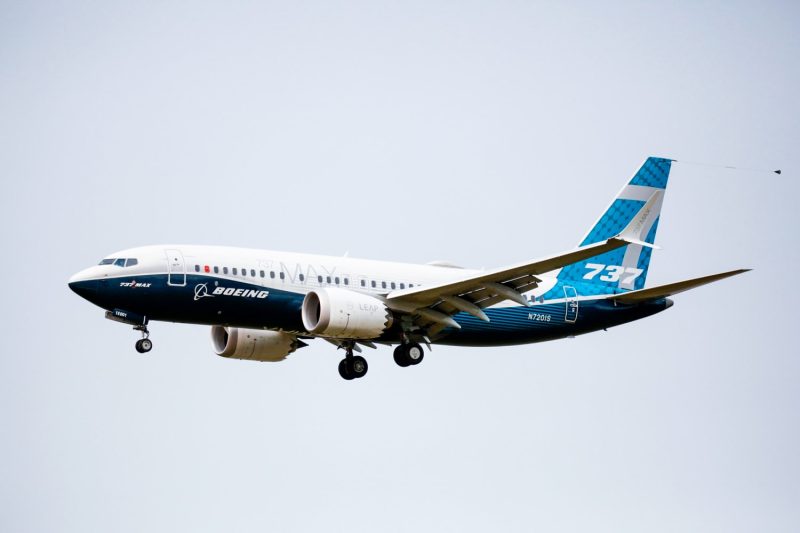In a recent development that has sent shockwaves through the aviation industry, a court has rejected the plea deal proposed by Boeing in relation to the 737 Max crashes that occurred in 2018 and 2019. The decision comes as a significant blow to the aerospace giant, which had hoped to resolve the legal challenges stemming from the crashes through a settlement with the court.
The plea deal put forward by Boeing included an agreement to pay a substantial fine and accept responsibility for the design flaws that were found to have contributed to the crashes. However, the court made it clear that it was not prepared to accept the deal, citing concerns about the adequacy of the proposed penalties and the need for accountability at the highest levels of the company.
The rejection of the plea deal raises serious questions about the extent to which Boeing is willing to accept responsibility for the tragic events that unfolded as a result of the 737 Max crashes. Critics argue that the company’s reluctance to fully acknowledge its role in the disasters reflects a broader culture of corporate impunity and a lack of accountability for wrongdoing.
In the wake of the court’s decision, there is growing pressure on Boeing to take more concrete steps towards addressing the systemic issues that have been identified as contributing to the crashes. This includes improving safety protocols, enhancing oversight mechanisms, and instituting a more robust system of checks and balances to prevent similar incidents from occurring in the future.
The court’s rejection of Boeing’s plea deal serves as a stark reminder of the need for greater transparency and accountability in the aviation industry. It also highlights the challenge of balancing the interests of shareholders, regulators, and the public when it comes to addressing corporate misconduct and ensuring justice for the victims of such tragedies.
Moving forward, it is essential that Boeing and other industry players take heed of the lessons learned from the 737 Max crashes and work towards implementing lasting changes that prioritize safety above all else. Only by fostering a culture of accountability and transparency can the aviation industry hope to regain the trust of the flying public and prevent future tragedies from occurring.

